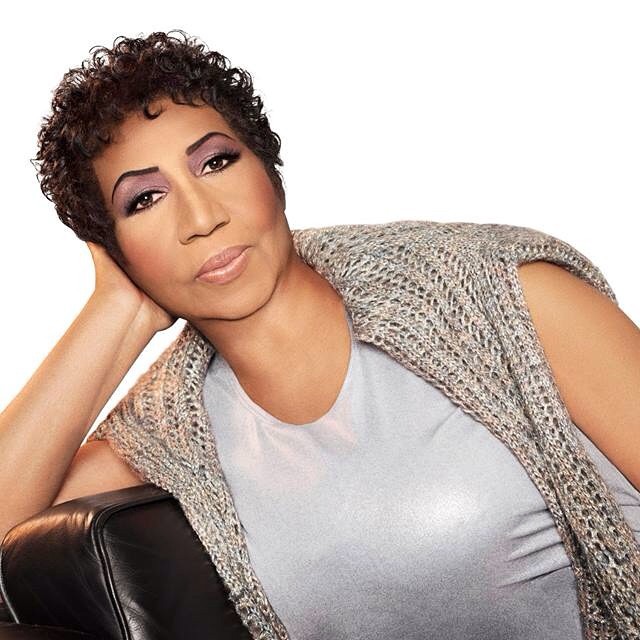Aretha Franklin died yesterday, Aug. 16, of pancreatic cancer. She was 76.
I admit, Aretha Franklin was one of my childhood mainstays. This isn’t anything unusual; most Filipino families have singing aunts that belt out Franklin’s classics at any family gathering that involved a karaoke machine. I can guarantee you that there is no single Filipino on earth that, if one were to start singing the words, “Forever and ever,” would not quickly rejoin with a, “You’ll stay in my heart and I will love you.” It’s just not possible.
Listen to any Aretha Franklin song, and I do mean any, and I want you to really pay attention to Aretha’s singing. Resist the urge to drown out Franklin’s vocals by singing along or by crying as you remember her passing. Take it a little step further and try comparing Franklin’s famed covers with the originals. Dionne Warwick’s “Say A Little Prayer for Me.” Otis Reddings’ “Respect.”
Really, what binds together all of Franklin’s songs is the sheer force that she brings into every single one of them. Her vocal range—four octaves, by the way—makes any song soar. We call any female pop soloist a diva or a queen now, but Aretha was the diva and the Queen of Soul that made those monikers matter. Fierce didn’t even begin to describe her.
And this fierceness of her vocal gymnastics made any song into an anthem. She had inspired the African-American civil rights movement, the women’s rights movement, even the LGBT movement with her voice alone. “Respect” became everyone’s song of empowerment. Before Franklin, the black female soloist with a political consciousness was Billie Holiday. But Holiday’s politics came from the content of her songs, not so much the way she sung (and no, this isn’t a smear on Holiday—I love her).
I’m not trying to re-envision her as an activist (even if she was a vocal supporter of the civil rights movement that offered to pay Angela Davis’ bail when Davis was imprisoned for her activism, even if she coolly stated that her version of Respect—which came during the burgeoning civil rights and gender movements—was not bold, but natural, even if her songs are iconic fixtures of queer and drag communities). I only want to pay tribute to how she managed, using just her own raw emotion and virtuoso singing, to inspire the disenfranchised to get what was only natural of them: their rights, their acceptance, their freedom.
That’s pretty badass.
Featured photo courtesy of Aretha Franklin’s Instagram account.
Get more stories like this by subscribing to our newsletter here.
Read more:
We look back on The Cranberries’ most powerful singles
Remembering Glen Campbell: the Grammy winner’s long battle with Alzheimer’s
Read more by Zofiya Acosta:
4 essential works of Carmen Guerrero Nakpil
The PH film industry isn’t doing as well as South Korea’s. What gives?
Writer: ZOFIYA ACOSTA




